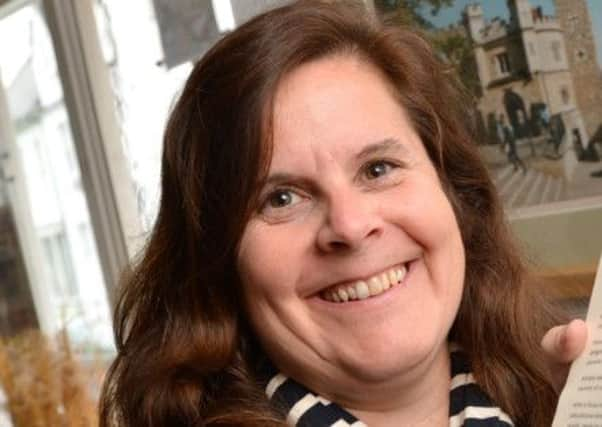Education Eye: Bursaries can help your child when money is tight


Diversity across the state school sector allows more choice than ever.
In Bucks we are lucky to have Grammar Schools to stretch the academic; a Free School with smaller class sizes and an extended school day; Comprehensive Schools with specialisms in a range of curriculum areas; as well as the UTC with an employer focussed curriculum.
Advertisement
Hide AdAdvertisement
Hide AdDespite this choice, there will inevitably be disappointed parents when the dreaded email arrives in March with news of school place allocation.
Seeking financial assistance from the private sector in preference to their state school offering, is a time when parents often come knocking at our door for advice.
It breaks my heart speaking to parents whose children need confidence boosting, smaller class sizes; an environment to nurture their talents; or an individual approach to their classroom needs.
However, they haven’t met admissions criteria for the right state school and they find the cost of independent education prohibitive. Bursaries are often worth a try, but plan early.
Advertisement
Hide AdAdvertisement
Hide AdThese are financial awards, which can also be added to scholarships.
Most work on a sliding scale and can cover up to 100% of the fees.
There must be strong evidence supporting a case for independent school being in the best interests of the child so applying in tandem with the scholarship process is best.
If your child proves themselves to be a deserving candidate, most schools have a means testing process to assess entitlement.
Advertisement
Hide AdAdvertisement
Hide AdDetails of income and expenditure, as well as capital assets, are taken into account.
This assessment often involves a home-visit.
The definition of low income varies significantly from school to school and whether you’re seeking day or boarding.
Around £20-30,000 per annum is a rough guide.
You’re unlikely to be considered with income over £50,000.